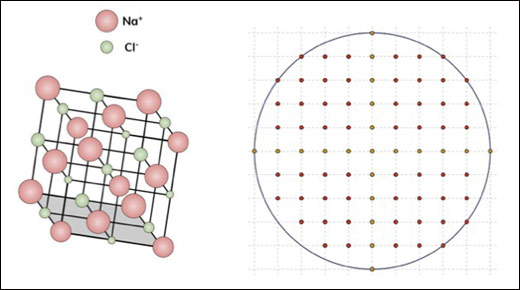The ability to program computers is crucial to almost all modern scientific experiments, which often involve extremely complex calculations and massive amounts of data. However, scientists typically have not been formally trained in science-specific programming to develop customized computational modeling and data analysis tools for advancing their research. Computer science is not always part of the coursework for science, technology, engineering, and mathematics (STEM) college students. If it is, the courses traditionally focus on the theoretical concepts of classical software design rather than on practical problem solving in their respective fields.
|
ADVERTISEMENT |
The U.S. Department of Energy’s (DOE) Brookhaven National Laboratory has seen this knowledge gap between computational and domain science firsthand. Every year, various Brookhaven Lab departments and facilities offer opportunities for STEM undergraduates to conduct research alongside physicists, chemists, biologists, and other domain scientists.
…

Add new comment